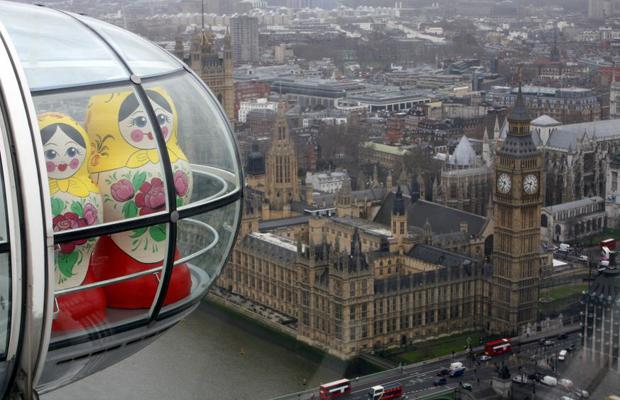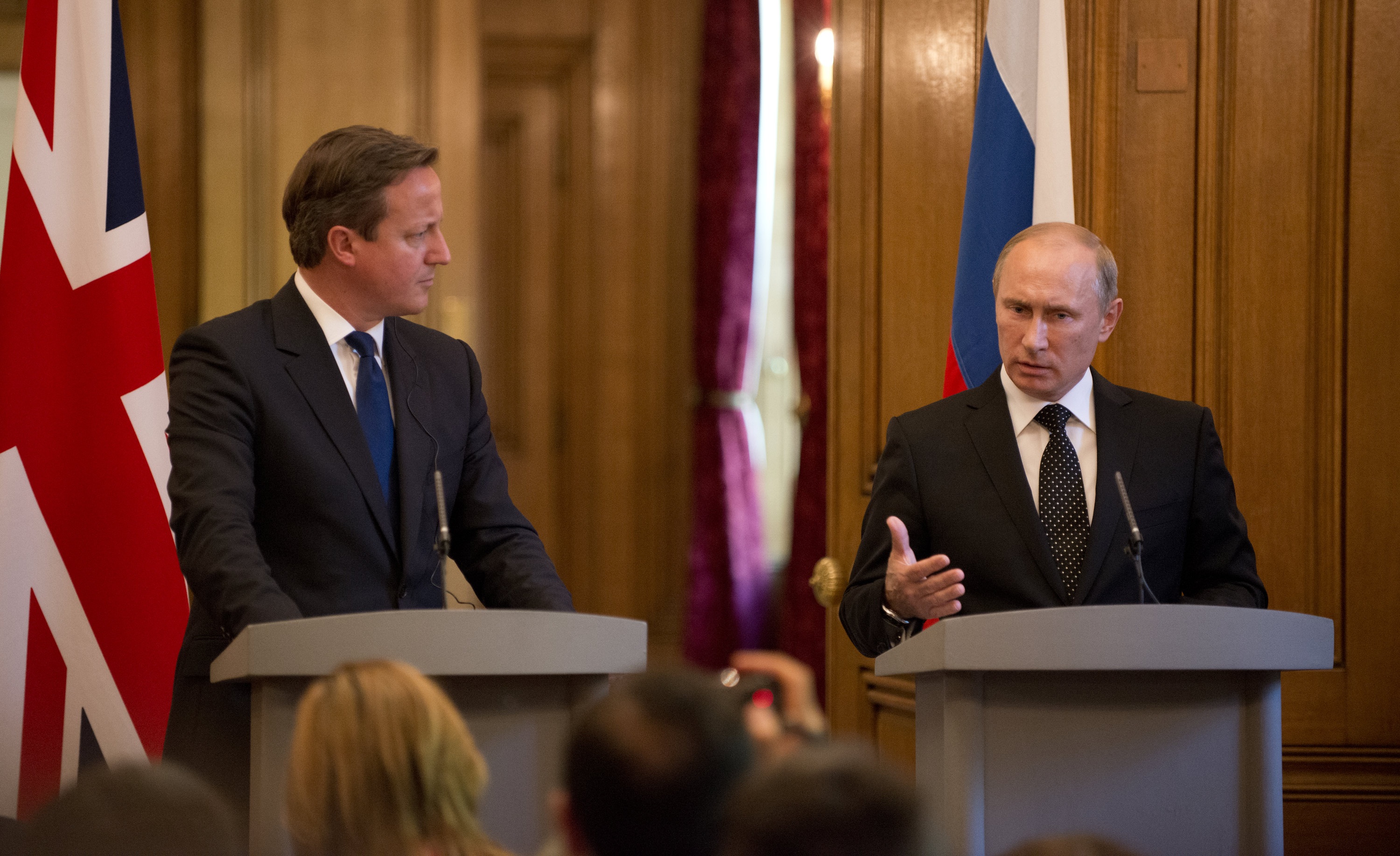By: Eli Scott

“We need to be willing to harm ourselves to harm Russia. We’re long past the point where Western financial centers should be enabling Russian kleptocrats. But that’s undoubtedly what’s happening.” The above statement came from Andrew Foxall, a director of Russian studies at the Henry Jackson Society in reference to the United Kingdom’s unwillingness to impose harsh economic sanctions on Russia in response to its annexation of Crimea. President Obama, after imposing sanctions on 31 Russian citizens who were believed to have had a direct influence on fanning the flames in Crimea, has been lobbying the European Union to enact more impactful sanctions on Russia, specifically targeting its energy sector, in order to preemptively combat Vladimir Putin’s potential annexation of Eastern Ukraine. Although such sanctions may hurt the United States’ economy, their impact will be felt less severely in the United States than it will be felt across Europe. Members of the European Union, particularly the United Kingdom, are too dependent on Russia economically to support harsher economic sanctions. The friendly economic relationship between Eastern and Western Europe post-1991 has entangled London with Russian interests to the extent that economic sanctions on Russia may equally hurt the United Kingdom.
London, the financial center of the United Kingdom, has been deemed both “Londongrad” and “Moscow-on-the-Thames” due to its overt ties to Russian oligarchs and, supposedly, their laundered money. London thrives on the success of its international financial market so much so that a report recently conducted for Prime Minister David Cameron stated that Britain should “not support, for now, trade sanctions,” and that it could not “close London’s financial center to Russians.” In fact, a total of 70 Russian companies are listed on the London Stock Exchange, as opposed to the meager two listed on the New York Stock Exchange, a testament to the interconnectivity that may lead to ambivalent outcomes for London.
In order to attract investment, the United Kingdom grants three-year investor visas to foreign investors that purchase over one million euros in government bonds; subsequently, investors can buy residency in the U.K. for 10 million euros two years after they fulfill their three-year grant, assuming that they have retained possession of the bonds. In this manner, Russian citizens were granted the highest number of these visas from 2008 to 2013—433— compared to China’s 419. In fact, three of the of the five richest people in the U.K. were born in countries formerly part of Eastern Europe, and the Russian and British economies are so intertwined that the wealthiest man in both countries is Alisher Usmanov, a Russian iron and telecommunications magnate.
Moreover, London and Russia’s cultures are becoming increasingly linked through the growing enrollment of Russian children in the most expensive boarding schools in the city. It is estimated that the 2,150 Russian children in the largest boarding schools in London represent 97 million dollars in tuition per year, and one of the top five Russian billionaires in the U.K. owns Chelsea Football Club—a symbol of the permeation of Russian oligarchs into mainstream British culture. The inextricable connection between London and Russia is seemingly inevitable in an increasing globalized world economy; however, money laundering limits the action of Great Britain in imposing sanctions on Russia.
Russia’s central bank has estimated that two-thirds of the 56 billion dollars taken out of the country may have been the “the proceeds of crimes, bribes to state officials, and tax fraud.” And the majority of this illicit money, 82.6 billion dollars over the last 20 years according to Thomson Reuters, moved through English financial institutions. Moreover, Russian investment in offshore financial institutions such as in the British Virgin Islands, are exceedingly common. These offshore financial institutions serve as tax havens that facilitate the questionably legal process of tax fraud and have been associated with underground economies and organized crime. Laundering is made easier by the surplus of London lawyers specializing in asset-recovery litigation, who facilitate the process of blurring the link between invested money and criminal activity. It’s clear that this service is especially important for the Russian investors since 61.6 percent of litigants in London’s commercial courts are from Eastern Europe and Russia.
With the significant boost in the U.K.’s economy driven by Russian investment—albeit illicit funds—the idea of freezing the assets of Russian oligarchs seems improbable Such an action would burst the bubble of the recent real estate boom, putting at risk London’s housing market, the majority of which is supported by Russian investors who have purchased residential property with a value of over two million euros. Such an asset freeze would also be difficult to coordinate because this action, as stated by the European Union, cannot be undertaken without first tying the individuals to direct Russian military actions Because the majority of British pension funds are invested in multinationals such as Shell and BP that would be hurt by imposing sanctions on Russia, the U.K. is hesitant to take such strong action toward Russia. Moreover, exposing the fraudulent Russian plutocrats would significantly hurt the British economy not just because of the loss of Russian investments; such a move might preclude new investors from China and other countries from investing in the London financial market.
As one can see, the U.K. is stuck reconciling the United States’ push for stricter sanctions with the EU’s hesitant approach to sanctions because of the undeniably interconnected economies of London and Russia. The current discussion centers on the implementation of stage 2 sanctions, including travel bans, asset freezes, and scorn from international institutions such as the G8, all of which the EU deems as an appropriate response to the invasion of Crimea. The most feasible option for imposing sanctions seems to come targeted economic sanctions, specifically the targeting of state-owned energy companies such as Gazprom. Sanctions, thus, will have to be leveraged so that they do not stymie the economies of Western Europe, and this approach should be an act of imposing sanctions on state-run Russian companies to avoid sanctions against Russian companies directly tied to London financial institutions.


